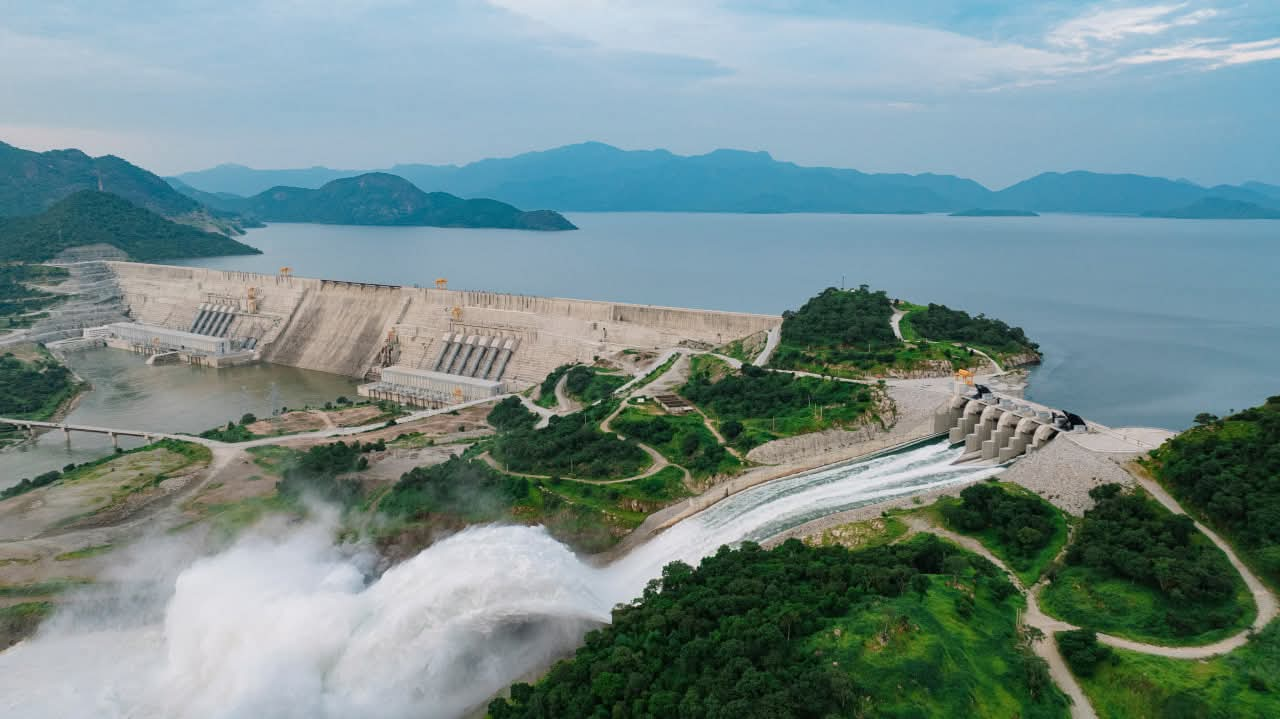Ethiopia declares Nile rights non-negotiable, rejects Egypt’s ‘colonial-era’ claims

The statement comes in response to recent Egyptian comments presenting small-scale projects, such as solar-powered wells and rainwater harvesting, as demonstrations of “African solidarity” toward Nile Basin countries.
Ethiopia has firmly stated that its right to harness the Nile River remains non-negotiable, rejecting what it calls persistent attempts by Egypt to limit its development.
The Ministry of Water and Energy on Monday said Cairo’s repeated attacks and warnings reflect an outdated approach rooted in colonial-era thinking rather than genuine regional cooperation.
More To Read
- UN urges Ethiopia and Eritrea to respect border pact amid rising tensions
- Djibouti confirms Eritrea’s formal exit from IGAD regional bloc
- Peace on paper, pain in reality: Tigray’s forgotten suffering, struggle for justice
- Egypt rallies around Mohamed Salah as AFCON looms amid Liverpool turmoil
- Egypt rejects US plan for foreign control in Gaza, insists Palestinians must govern themselves
- Ethiopia blasts Egypt for escalating hostile rhetoric and rejecting dialogue over Nile waters, GERD
The statement comes in response to recent Egyptian comments presenting small-scale projects, such as solar-powered wells and rainwater harvesting, as demonstrations of “African solidarity” toward Nile Basin countries.
Ethiopia dismissed this portrayal, describing it as a narrow and condescending view that treats upstream nations as passive recipients of aid rather than partners in shared development.
Ethiopia highlighted that it contributes about 85 per cent of the Nile’s water, originating from the Abbay River, and stressed that its development trajectory cannot be halted by external pressures or misleading claims.
“Ethiopia will not be pressured or cowed into abandoning its right to utilise the Nile to meet its water needs,” the Ministry stated, emphasising that attempts to undermine its progress are doomed to fail.
The Ministry criticised Egypt’s claim to “historic rights,” saying such assertions are based on outdated agreements that ignored the interests of other riparian states.
It also pointed out that Egypt’s unilateral water diversions and resource management practices contradict international law and sustainable usage principles.
For decades, Ethiopia and other Nile countries have sought cooperative solutions under international frameworks, including the Nile Basin Cooperative Framework Agreement, the only basin-wide treaty governing shared water use.
According to the Ministry, Egypt has repeatedly failed to engage in good faith during negotiations on the first filling and operation of the Grand Ethiopian Renaissance Dam (GERD) and other discussions affecting regional water security.
The statement emphasised that water security can only be achieved through fair and reasonable sharing of the Nile among all riparian states.
Ethiopia also stressed that it maintains strong coordination with Sudan over the GERD and other shared projects, contrasting its constructive engagement with Egypt’s approach, which it described as confrontational and extreme.
Ethiopia underscored that the GERD is managed with the highest professional standards, reflecting the country’s long experience in hydropower development.
The Ministry also highlighted initiatives such as the Green Legacy afforestation programme, which has positive impacts on water conservation and serves as a model Egypt could follow.
The Ministry concluded by reiterating Ethiopia’s preference for diplomacy and peaceful engagement.
“Ethiopia continues to choose diplomatic means and friendly relations with Egypt and has never initiated diplomatic spats or issued unwarranted bellicose statements,” the statement said, calling for dialogue grounded in equality and mutual respect.
Top Stories Today














































